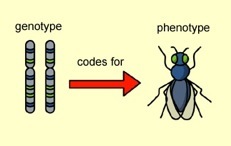REINFORCEMENT LEARNING (CMPSCI 687, SPRING 2017)


REINFORCEMENT LEARNING (CMPSCI 687, SPRING 2017)



This course will explore computational models of natural and artificial systems that act, compete, and reproduce. A wide range of paradigms will be surveyed, from modeling of fitness landscapes in evolutionary dynamics, Nash equilibria in classical and evolutionary game theory, and methods for solving Markov decision processes. The application of these models to problems of modeling both artificial and natural systems will be discussed. The principal topics to be covered include:
Models of action: Natural systems must act in order to gather food and information. Many artificial systems, from robots to web agents, are also required to make sequential decisions. We will explore models of sequential decision-making using Markov decision processes (MDPs).
Models of competition: Agents that act in the artificial or natural word face competition from other agents for scarce resources. How can agents act selfishly, and yet work for the common good? We will explore the large body of work on game theory in economics and computer science in this class.
Models of reproduction: Natural systems pass information to their progeny through their genes. Evolutionary dynamics studies the principle of natural selection, which favor agents that are the most fit. Computational modeling of evolutionary processes yields powerful ways of searching through large spaces. In recent years, game theory has become the major paradigm for studying evolutionary dynamics. We will also explore concepts such as fitness landscapes, quasi-species, and virulence.
This course will explore computational models of natural and artificial systems that act, compete, and reproduce. A wide spectrum of computational models will be discussed, including evolutionary dynamical systems, game theory, and Markov decision processes
Overview of the Course

